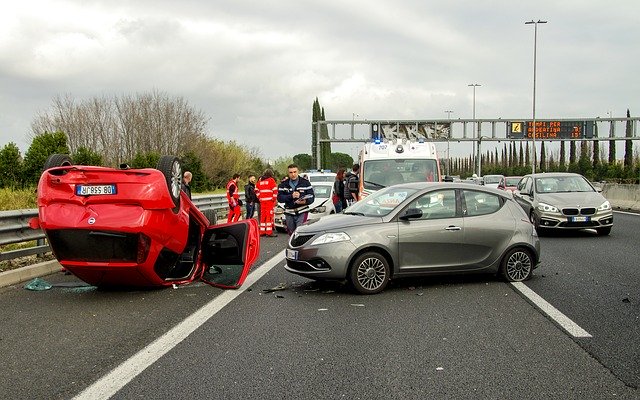No one ever prays to get involved in a car crash. But unfortunate things happen, and it comes down to how you respond after such occurrences.
Thankfully, when you’re involved in a car accident in Sarasota, you can seek compensation for your losses under the personal injury law.
However, there are caveats and steps to take. Read on.
In what instances can I file a car accident personal injury lawsuit?
Florida is a “no-fault” car insurance state, meaning your car insurance will pay for your damages after the accident, whether or not you are at fault.
Therefore, you are to file the personal injury claim with your car insurance company as soon as possible after the accident.
Nevertheless, if you sustain more injuries than your policy can cover, such as limb loss or disfigurement, the law allows you to file a case against your injurer. It would be best if you spoke with a Sarasota personal injury attorney as soon as possible to assess your situation. They can help determine whether the best approach is to seek an out-of-court settlement or represent you in court against your injurer.
Your attorney can also help you negotiate your claim with your insurance company. In all, the aim is to get you the maximum compensation you deserve for your loss.
Notably, the steps you take immediately after the accident can determine the outcome of your case.
What should you do after a car crash?
Here are steps to take immediately after getting involved in a car accident.
1. Wait and seek help at the scene.
After a crash in Sarasota, FL, do not be in a hurry to leave, provided your life isn’t at stake. You have a legal obligation to wait at the scene. If you must, pull up to a safe spot out of the way of other vehicles to prevent further risks. Then call for help.
2. Personally document evidence
Gather as much information as you can find on the scene, as all of that will be crucial to your case later. The reason for this is that law enforcement will come whether you like it or not and will take note of every detail they find. So you want to ensure you have the details first hand to avoid distortion, whether you’ll be dealing with your insurance company or injurer.
Do the following:
- Take note of the name and vehicle information of the other driver (your injurer)
- Identify other vehicles involved
- If you’re able, take pictures of the scene, your damaged vehicle, the other drivers, and any other person or property involved.
All of that will be part of your evidence.
3. Report the accident
While collecting your evidence, call local law enforcement immediately. You can even make the call before taking your documentation.
4. Visit the hospital
Comply with the fire and medical teams as soon as they arrive. Allow them to check you, and document any care they provide on the site.
Next, go to the hospital for further care as soon as the police give you leave. At the hospital, they may reveal injuries that you weren’t aware of, especially when they are mild or internal.
Avoid delaying treatment as it can compromise any claim you present later. Insurers and defense attorneys may question your injuries if they realize you didn’t get treatment as soon as the incident happened.
Wrapping up
Although we can try our best to be careful on the road, bad things happen. No matter how bad it is, it shouldn’t be the end of the world for you. Work with your attorney, and you may get due compensation for all that you’ve lost.
Related Posts:
- The 7 Top Causes of Car Accidents and How to Avoid Them
- How to Protect Yourself and Your Vehicle from a Road Traffic Accident
- 5 Ways a Car Accident Lawyer Can Help You Get Higher Compensation
- Top Reasons to Never Accept A Settlement Before You Consult A Car Accident Lawyer
- What Do I Need to File a Accident Claim?